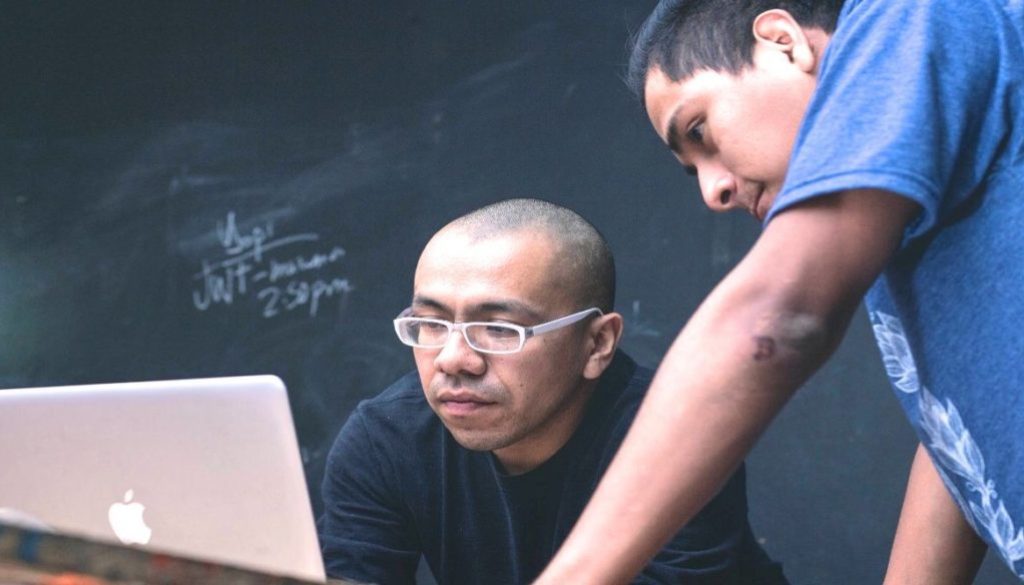4 Attributes of an Intelligent Mind
Everyone has heard the saying “if you’re the smartest person in the room, you’re probably in the wrong room”, which means that if you aren’t surrounding yourself with people who can challenge you intellectually, then you aren’t progressing individually. The hard part is, how can one always tell if someone has generally good understanding and situational awareness?
Real intelligence is sometimes easily feigned, making this process difficult. It takes a lot of time and conversation to make an accurate judgment on someone’s overall intelligence. In an effort to determine who is good for your personal growth and who isn’t, look for some of these “green flags”:
They possess a distinct curiosity for life
Yes, curiosity did kill the cat; however, rational curiosity correlates positively with overall intelligence. Regardless of IQ, each one of us is responsible for taking agency in regard to our learning. Those who earnestly research new ideas and absorb diverse information set themselves apart from those who ignore asking “why”.
Harvard Business Review published an article associating curiosity and intelligence, which writes: “CQ (curiosity quotient, or having a hungry mind) leads to higher levels of intellectual investment and knowledge acquisition over time, especially in formal domains of education, such as science and art.” They continue and quote a fairly intelligent 20th-century mind, Albert Einstein, where he humbly claims: “I have no special talents. I am only passionately curious.”
They adapt to new/surprising information quickly
The best problem solvers are able to connect the dots between complex ideas or situations. Intelligence is more than training a response or memorizing facts, it’s about identifying parallels between different ideas and gaining a true understanding of why and how something functions. When faced with new or challenging information, an intelligent mind doesn’t panic or shut down over the circumstances; instead, they take a step back, logically approach the information, and work to understand it from the ground up.
They admit their biases, knowledge gaps, and when they’re wrong
Socrates put it best: “One thing only I know, and that is that I know nothing.” It’s not a groundbreaking realization, but not knowing something is the first step to knowing something! Admitting where there are holes in your knowledge shows people your ego isn’t inflated, and that you are truly in the pursuit of knowledge.
In addition to distinguishing between what a person does and doesn’t know, it’s very important to step back and identify through which lens they are viewing the situation. People come from diverse upbringings with an incredible range of experiences – no two people will see a certain scenario in exactly the same light. For this reason, it’s crucial to refrain from making rash conclusions without doing the necessary research to understand an issue wholly.
Intelligent minds also can admit when they’re wrong. The reason this comes so easily is because people who want to learn don’t see mistakes as a shortcoming, but rather as an opportunity to learn.
They can understand and respect perspectives they don’t personally hold
Respecting an opposite perspective and disagreeing with an opposite perspective aren’t mutually exclusive! Not to tout my own level of intelligence, but for this example, I will use myself: believe it or not, I actually understand why some people are members of the flat earth community. I completely disagree with everything they believe in. I think their rejection of science is harmful and spreads misinformation. They look like fools any moment one of them speaks – but I get the cynicism, and for now, it really isn’t doing any legitimate harm. Understanding where an opposing viewpoint comes from provides a firm grasp of the entire issue at hand. When you acknowledge someone else’s perspective, only two things can happen. One, you challenge your own perspective and learn something new, or two, you reaffirm your own experiences – either way, you immediately become more resourceful.
Listening to understand rather than listening to respond is a key underlying theme tying together these four attributes. Intelligence is clearly a multi-layered concept that can’t be fully examined in a short blog post, but if I had to boil it down to one main takeaway of how to identify intelligence in someone else, look for those who care about what others have to say. Find the listeners, the ones who ask questions not because they should, but because they genuinely care about the answer. Developing a passion for learning while wielding an openminded curiosity is a great first step towards fostering intelligence.

